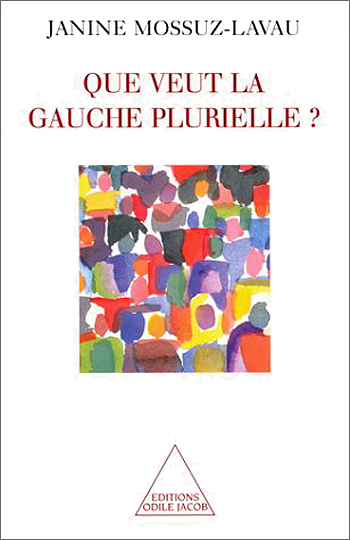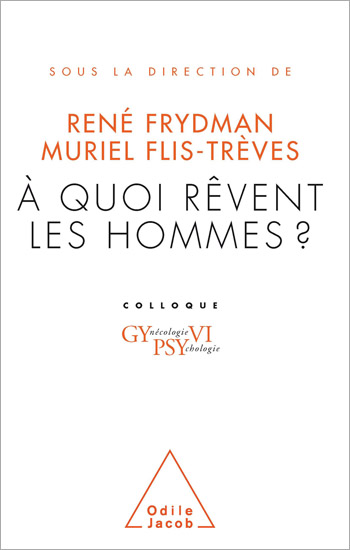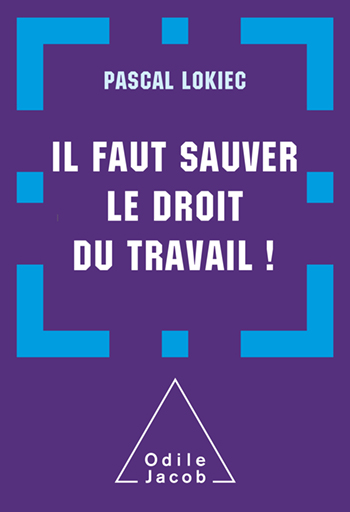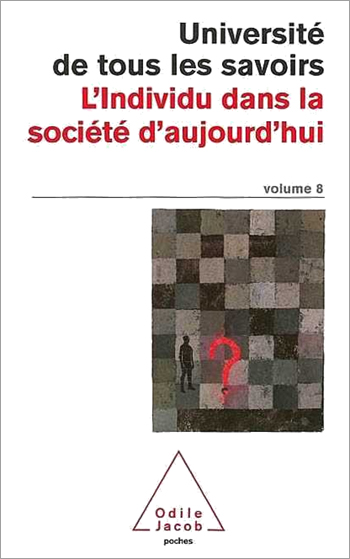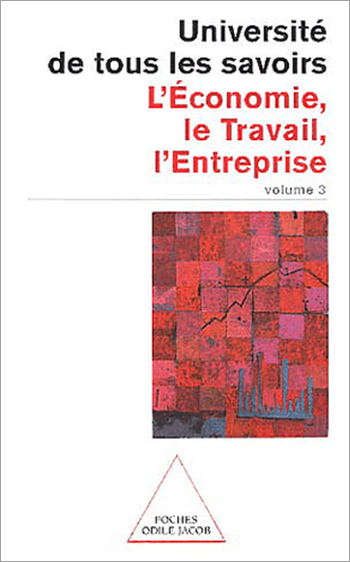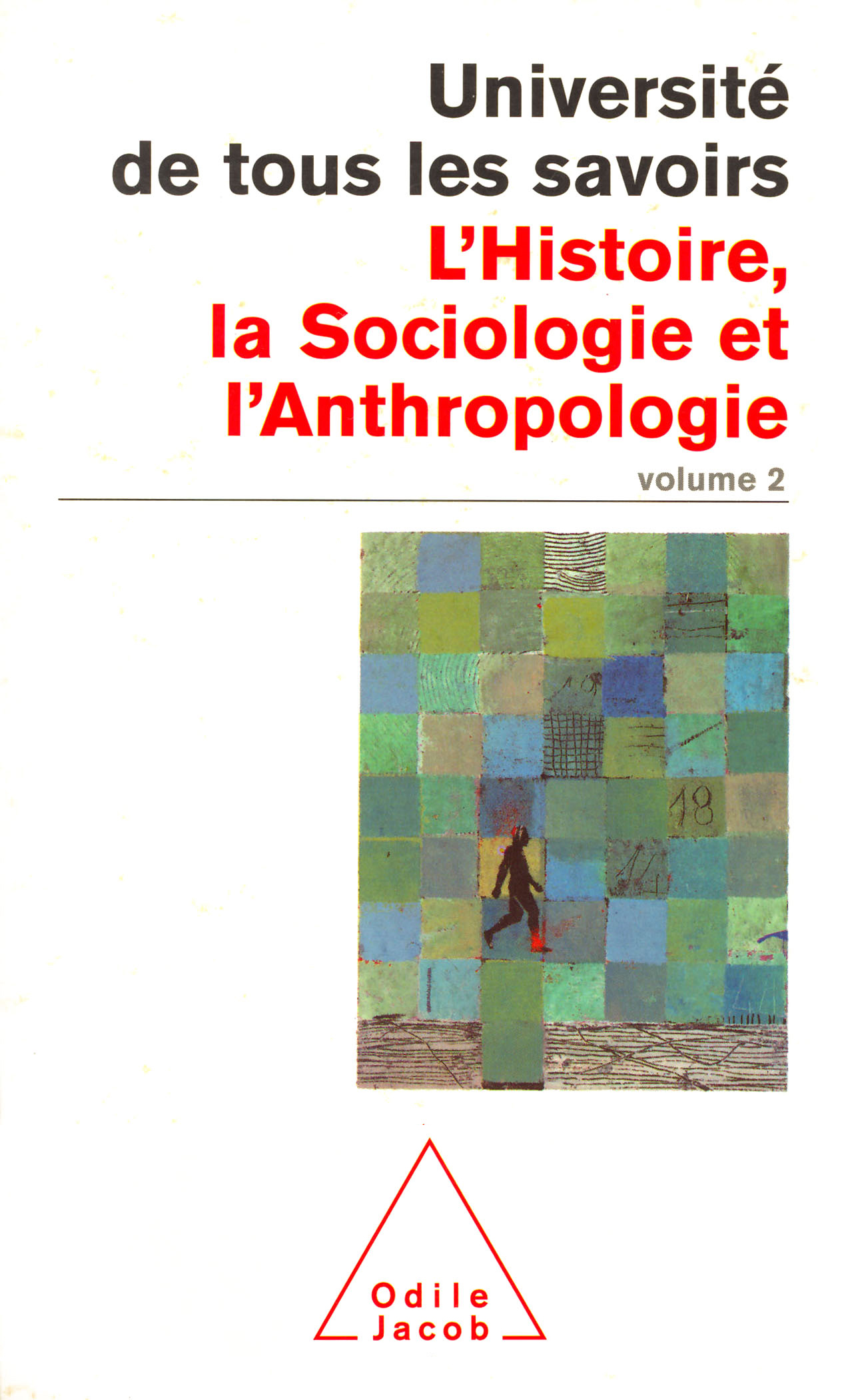Human Sciences All books

Anne Marcovich
What do societies dream of ?
Why do societies change? How, through countless transformations, do they manage to maintain their own identity? With the help of the many resources provided by the social sciences, history, sociology, social psychology, anthropology and economics, Anne Marcovich has tried to identify the principle of change within a framework of continuity that characterises the evolution of societies. Anne Marcovich is a researcher in the social sciences.

Gérard Bléandonu
What do our children dream ?
When does the foetus start to dream? What are its early dreams? What is the function of infant dreams? What is the impact of nightmares? How do dreams evolve during adolescence? Gérard Bléandonu brings to these questions his experience as a psychotherapist specialising in children suffering from psychological difficulties. The author also makes use of recent findings in neuro-physiology which have improved our understanding of dream mechanisms. Gérard Bléandonu is a psychiatrist and head of Child Psychiatry at the regional hospital of Savoie, France. He is the author of numerous works on child and adolescent psychiatry.

Nicolas Baumard
What Are the Bases of Morality?
Why are we moral? The great classical philosophical theories are examined here in the light of the latest research in the areas of ethology, psychology and the cognitive sciences as they relate to the natural foundations of morality.
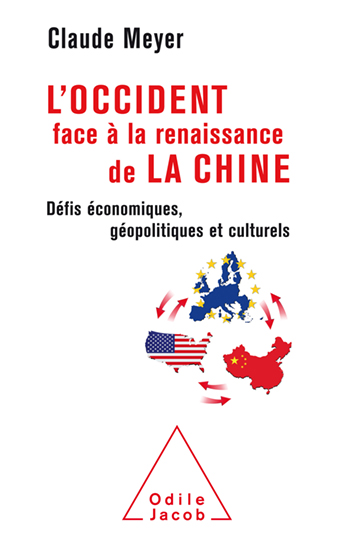
Claude Meyer
West and the rebirth of China
It is the first time in history that a country/continent, with such a large population, is in a position to impose its supremacy on the rest of the planet. The stakes are enormous!
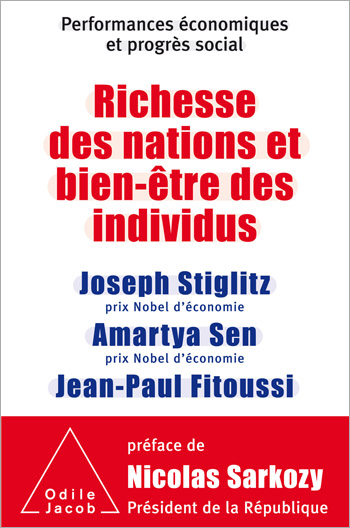
Joseph Stiglitz, Amartya Sen, Jean-Paul Fitoussi
The Wealth of Nations and the Well-Being of Individuals Economic Performance and Social Progress
“If we do not want our future, our children’s future and that of succeeding generations to be strewn with financial, economic, social, ecological and, consequently, human catastrophes, we must change our way of life, how we consume and how we produce...
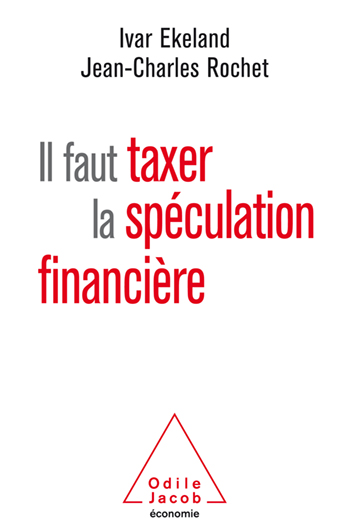
Ivar Ekeland, Jean-Charles Rochet
We Must Tax Financial Speculation Against widespread speculation – a universal tax
Financial speculation goes back to ancient times. Its history sheds light on many aspects of the current situation.
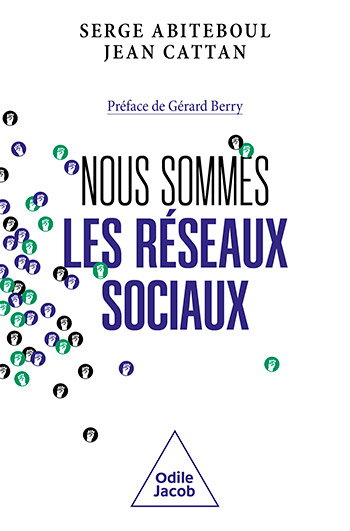
Serge Abiteboul, Jean Cattan
We Are Social Media
There is another, more democratic and participative way to regulate social media and break away from GAFAM: social media is what we make it.

Alain Bentolila
We Are Not Bonobos: I Talk, Therefore I Am
The conquest of language and writing against the chaos of the world and all its forms of manipulation
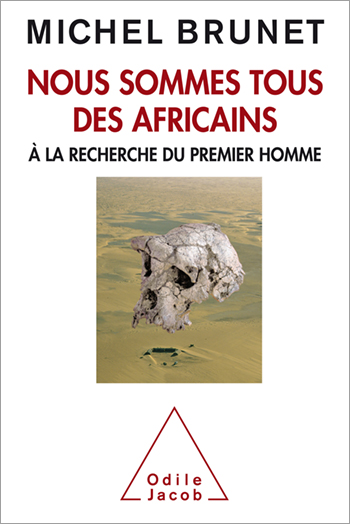
Michel Brunet
We are all Africans In search of the first man
The book gives a lively account of the life of a palaeontologist, with descriptions of excavations and findings.

Michel Laguës
Water in Daily Life
With the aid of this book, readers will be able to understand some of the most complex and profound ideas of contemporary physics simply by observing water in their daily lives. Michel Laguës is a research director at the Centre National de la Recherche Scientifique.

Marylène Patou-Mathis
War in Prehistory
A fascinating journey to the origins of violence among humans

Georges Ugeux
Wall Street Attacks Democracy How Financial Markets Increase Inequality
Concrete solutions are proposed: the taxing of financial transactions, the creation of an independent agency to supervise central banks, discontinuing the remuneration of those who direct share prices.
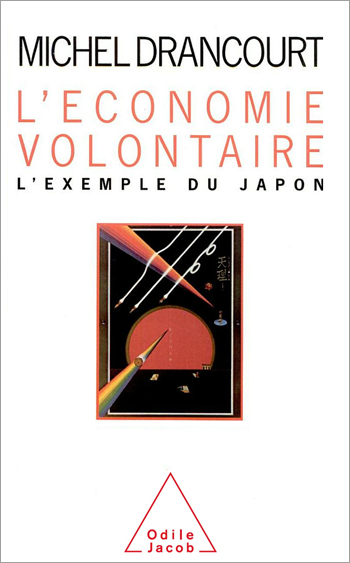
Michel Drancourt
The Voluntary Economy The Example of Japan
The Japanese economic success inspires both fascination and irritation abroad. It is high time for the Western world to put feelings aside and to learn from its Eastern partner. M. Drancourt, economist and head of the French Institut de l Entreprise, believes that Japanese success is due to one predominant social trait: willpower.

